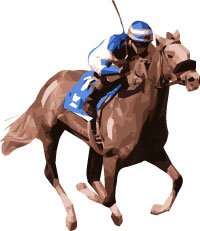Brearley, M.B., Finn J.P., Wood, R.J. Elite Hockey in a Tropical Environment. Journal of Science and Medicine in Sport 5:(supplement) p35, 2002.
Field hockey rules prohibit provision of fluids on the pitch by team staff. In tropical conditions, such policy may compromise athletic performance as inadequate fluid intake promotes dehydration. Four heat acclimatised male Northern Territory (NT) representatives (age: 18.4±1.2 yrs; predicted VO2max: 50.4±2.4 mL.kg-1.min-1; height: 1.78±0.05 m; body mass: 77.3±17.3 kg (mean±SD)) were investigated for tympanic temperature, sweat rate, hydration status and heart rate responses during 3 Australian Hockey League games held in Darwin, NT. Analysis included pre warm-up (17 mins), warm-up (39 mins), game (85 mins) and warm-down (11 mins). Ice jackets (Bodycool, Neptune, Australia) were utilized prior, during halftime and substitution periods. Urine specific gravity was 1.012 (0.010) before each game. Sweat loss was 1.23 0.14 L/h while a fluid intake of 0.90 0.27 L/h resulted in a loss of 1.2% body mass. Fluid consumption was inversely related to time on the pitch (r=-0.56). Heart rate averaged 84.3% of maximum during the games (88.9% excluding substitution periods). Tympanic temperature rose 0.5°C from baseline to 37.7°C post-game. Despite the use of cooling interventions, acclimatised elite hockey players elicited high sweat rates and suffered dehydration.
Team staff may need to provide access to fluids during stoppages and use substitutions to permit adequate fluid intake to match sweat losses in tropical condition.
Related Pages
- Full list of research papers by Rob Wood


 Current Events
Current Events